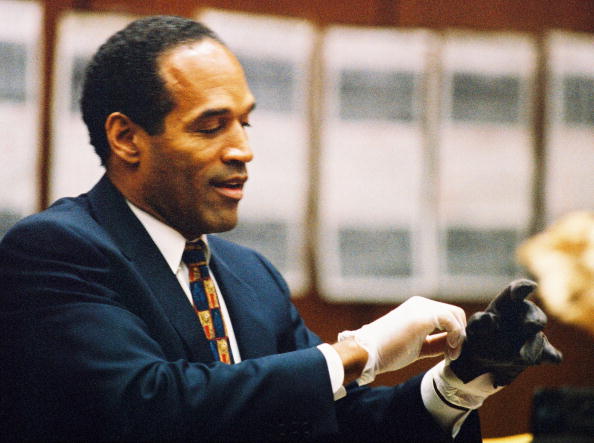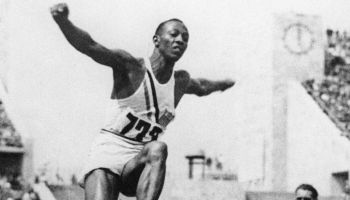I watched Hillary Clinton’s speech last night blocks away from the Denver Convention Center with a mixture of disappointment and excitement. It was a strong speech with a very powerful delivery. She played her role very well as a party insider and brilliant career politician with a future. At the same, I was disappointed because in this crucial hour, the country needs more.
Here’s the problem. This election year brought many folks into the process in ways never imagined. We talk about our democracy as the best on the planet, but 2004 was our largest voter turnout since 1968. 2008 promises to surpass the 60 percent voter turnout of 2004. Hillary Clinton’s historic campaign, like Barack Obama’s, is responsible for the new numbers. Many of those newcomers need to be coaxed beyond party sloganeering.
Hillary spoke in part to some voters who fit that mold in parts of her speech last night. A significant number of her supports were excited about the feminist possibilities of her campaign, but are not party centric enough to follow through her call to support to Obama. Some self-identify as feminists. Others are swayed primarily by race. Together they are significant enough to swing an election.
The McCain campaign has already tapped into this sentiment. The McCain campaign hope may be too much a leap of faith. Some of Hillary’s supporters turned the corner instantly—last night. Others need a little more time to heal. Still others, which the McCain advertisements this week are trying to tap into, may not heal at all. Democrats should hope they are in the minority.
News media outlets keep reiterating the idea, “We still don’t know Barack.” Pay attention to who is speaking and whom they are hoping to reach. The underlying message is that America is white country and white voters, white feminist too, need to be convinced that Senator Obama accepts this “reality” and all that comes with it before they give him their vote.
It’s a troubling undercurrent of the 2008 presidential election. No matter how eloquent Obama’s speeches, it doesn’t go away.
Here’s where the Clintons come in. Hillary did her part speaking to supporters who saw the feminist historic possibilities in her campaign. Where she missed the mark was on the question of race—unless her plan was to set Bill up for the homerun of his career.
For the sake of the country faced with an incredible opportunity to address once and for all its unreconciled racial dilemma, tonight could be Bill’s moment to not simply defy the expectation to play party politics, but, more important, to make a bold statement to white Americans explaining why it’s in their best interest to abandon America’s old racial politics.
Three compelling reasons why Bill Clinton should do this?
1. Clinton has a great history as an American president. He has always known there was a greater calling for a former president who was always ahead of his time. A powerful statement on race could make him arguably more than one of America’s greatest presidents.
2. Eight years after the Bill Clinton Administration, despite the love he gained from the Black community (especially Black elected officials), the more critical voices still hold him accountable as the centrist Democrat who ended welfare as we know it and who signed the 1994 Violent Crime Control and Law Enforcement Act. Both contribute to the ever-growing divide between America’s rich and poor that George W. Bush policies only continue. He needs to make amends.
3. His loose cannon commentary on race during the primary has done what seems now irreparable damage. A strong statement on race that challenges white Americans to move past the old racial ideas about America would more than redeem him.
Two larger than life moments that ushered in sweeping social change in this country are worth referencing here. Ironically, each case began wedded to race, even as the social change left in its wake benefited all Americans.
The first was the Civil War, which accompanied the end of slavery. The second was the civil rights movement, which started the move to end legalized segregation and a host of inequalities that flew in the face of the very premise upon which the country was built.
A third such giant step in social change is upon us. We are witnessing, as Frank Rich suggests in the New York Times last Sunday, the end to the illusion of a monolithic Anglo-Saxon America. Our parties and our politics, whether we like it or not, have begun to reflect it.
There are very few moments where individuals armed with the right words can change the tide of history. Tonight Bill Clinton should stand and deliver.
















